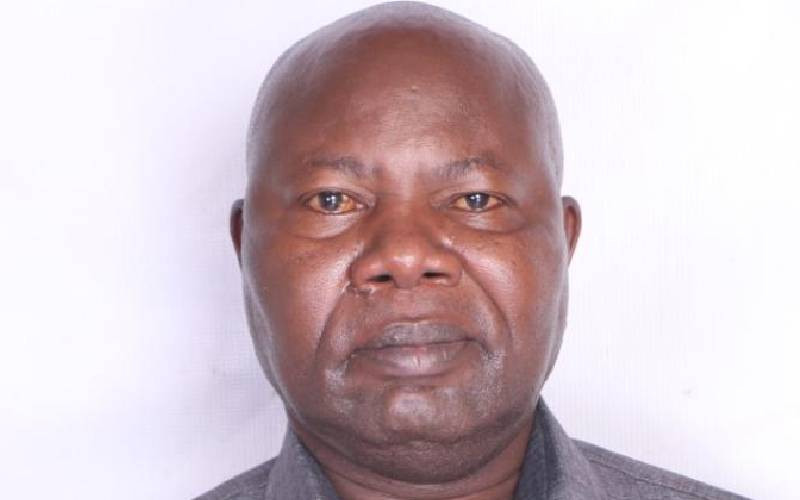×
The Standard e-Paper
Join Thousands Daily

The government has pronounced its position on where Grade Nine is to be domiciled next year. This comes against the background of the cacophony of appeals from both experts and the lay public for a change in the environment where this crucial grade in the Junior Secondary School level is to be domiciled.